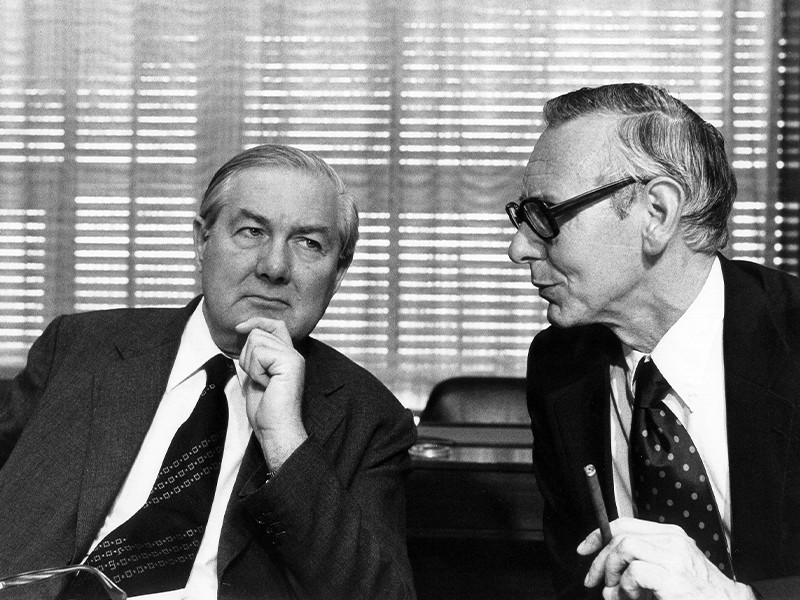Independent Labour Party Records, 1893–1960

Independent Labour Party: Formation and Development
Mr. Keir Hardie, M.P., and Mr. W. H. Drew, President of the Bradford Labour Union, were nominated for the post of Chairman of the Conference. Mr. Shaw Maxwell was also nominated, but declined to standAnnual reports of the ILP, 1893-1899; img 2
Access the full collection
Access the full archive of Independent Labour Party Records, 1893–1960.
Institutional Free Trial
Start your free trialRegister for a free 30-day trial of Independent Labour Party Records, 1893–1960, for your institution.
Institutional Sales
Visit Sales PagesellFor more information on institutional access, visit our sales page.
Single User License
Purchase a license below to view the full collection.
Already have a license? Sign in.
Independent Labour Party history, from forming the Labour Party to the Cold War

The Independent Labour Party (ILP) was a British left-wing political party founded in 1893. The ILP was affiliated with the Labour Party from 1906 to 1932. This collection contains minute books, annual reports, committee reports, conference resolutions, and weekly notes for speakers from the party’s archive. These documents cover a wide range of subjects, from questions of war and peace to housing and trade unionism. They provide an excellent insight into the early years of the Labour movement in Britain.
Note: The ILP’s papers are currently held at the London School of Economics and Political Science.
Contents
Independent Labour Party Records, 1893–1960...
Independent Labour Party: Formation and Development
Discover
Volumes
Insights
- The weekly notes for speakers from 1930 discuss the developing situation in India. The findings of the Simon Commission are also explored in these notes.
- The Annual Reports of the Independent Labour Party include National Administrative Council reports. The NAC Report for 1900 describes the Party's opposition to the Boer War.
- The ILP Minute Books feature Emmeline Pankhurst as she attended Party meetings between July 1898 and July 1904. When her husband died in 1898, she refused donations in order to support her family herself.
- Resolutions with amendments respond to World War One and Two directly. The subjects of soldiers' rights and increasing the food supply through co-operative farms were a priority during World War One.
Unlock Historical Research for Your Institution
Provide your students and researchers with direct access to unique primary sources.












